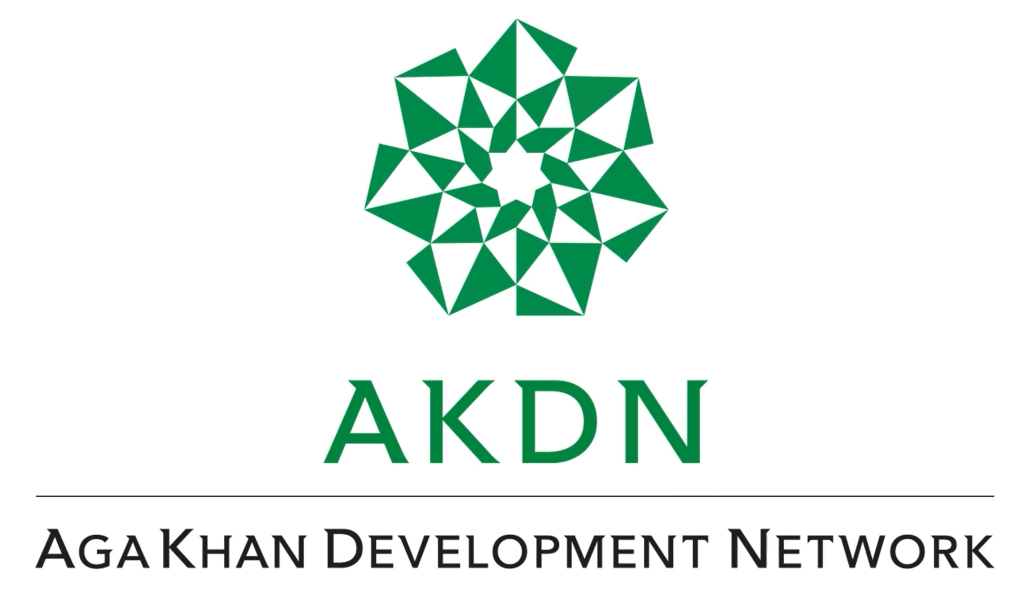Current biodiversity loss compromises ecosystems integrity human welfare. Global goals have been established in order to revert this scenario. Human populations in low and middle-income countries are particularly vulnerable to global changes, while nature conservation is particularly vulnerable not only to global changes, but also to human limitations on quality of life (QoL), and inadequate funding. This poses serious development challenges, because human populations health is intimately associated with environmental sustainability and socioeconomical stability. International cooperation, multidisciplinary research and the integration of scientific and traditional knowledge, within an EcoHealth (EH) approach, might have a role in minimizing asymmetries, ensuring livelihoods and thus the QoL. The project CAP-MOZ combines capacity building, collaborative research and knowledge transfer to address these challenges in three provinces in the North and South of Mozambique – Niassa, Gaza and Maputo – some of which are among the poorest regions in the country. We set up a partnership including: four Iberian universities/research centers; Pedagogical University of Maputo, a leading public university in Mozambique; and WCS Mozambique, an international NGO with large experience in wildlife conservation and local community work in the region. Our objectives are: (O1) to improve technical and scientific infrastructure and skills in Mozambique, and therefore research, monitoring and surveillance for an EH framework; (O2) to enable Pedagogical University of Maputo to lead monitoring and surveillance programs and providing specialized services; (O3) to strengthen and broaden the ongoing cooperation; (O4) to generate baseline information on biodiversity, ecosystems and human-livestock-wildlife interactions in order to inform conservation, management and public health strategies; (O5) to implement an outreach and awareness raising strategy, involving local communities, towards mitigation of human-wildlife conflict, and improve communities decision-making. Besides the positive impact on QoL in Mozambique, project outcomes will include scientific infrastructures, science dissemination to specialized and broad audiences, workshops, advanced training, identification of vulnerabilities and development challenges and the production of strategic documents. We expect a larger positive impact of CAP-MOZ in the QoL in Africa in the long run, by preparing institutions and communities to emerging threats and development challenges.


